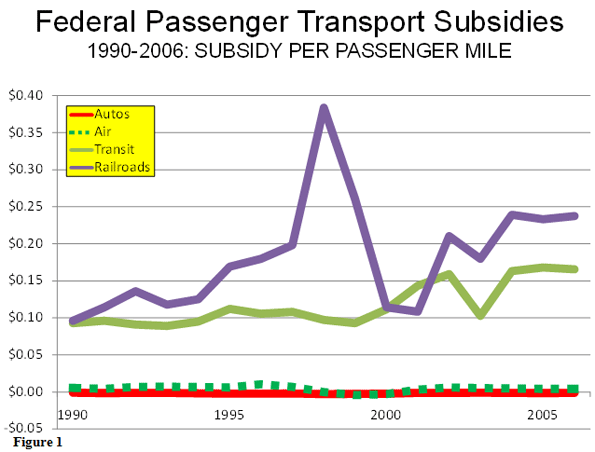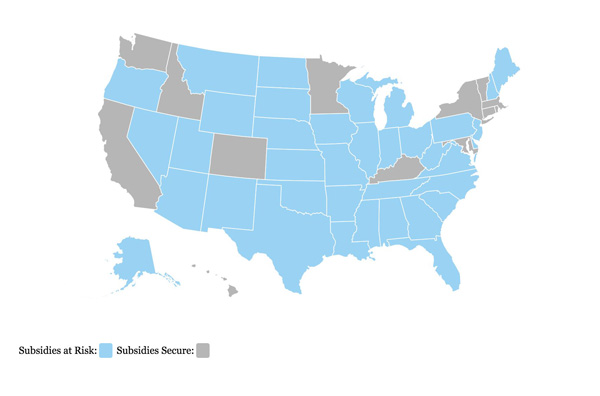Note: Tamara Kay, a sociology professor at the University of New Mexico, has made a habit of attacking the Rio Grande Foundation’s work on the likely economic-development benefits of a right-to-work law in the Land of Enchantment. On May 4, Real Clear Policy reprinted a piece she wrote for the website “The Conversation.” Here is our response.
Earlier this month, University of New Mexico sociologist Tamara Kay wrote a lengthy article largely devoted to attacking our organization and its research on right-to-work (RTW) laws. The piece is riddled with specious charges; here, we respond to the three most egregious ones.
First, Kay cites a flawed four-year-old study by the union-funded Economic Policy Institute to claim that “right-to-work laws have no impact on economic growth.” The study says no such thing. Its subject is exclusively the alleged higher pay and benefits of forced-unionism states.
Kay compounds her mistake by blindly accepting EPI’s finding that, in the professor’s words, “right-to-work laws result in lower wages.” Serious scholars examine the data themselves. When James Sherk, a research fellow at the Heritage Foundation, looked at EPI’s methodology, he found “two major mistakes: it included improper control variables and did not account for measurement error in … [cost-of-living] variables. These mistakes drive [EPI’s] results. Correcting these mistakes shows that private-sector wages have no statistically detectable correlation with RTW laws.”
Other approaches to the question lead to the same conclusion. For example, in April 2014, the U.S. Department of Commerce’s Bureau of Economic Analysis released, for the first time, “a comprehensive and consistent measure of differences in the cost of living … nationwide.” Lyman Stone, an economist with the Tax Foundation, calculated state disposable personal income, per capita, using the BEA adjustments. When, drawing on Stone’s data, we averaged incomes in RTW and non-RTW states, incomes were again equal.
The Missouri Economic Research and Information Center computes its own cost-of-living index, derived from surveys taken by the Council for Community & Economic Research. Using the center’s findings, we calculated that disposable personal income, per capita, in RTW states is 8.5 percent higher.
In addition, neither EPI nor Kay acknowledges that union dues depress “organized” workers’ take-home pay.
The second key flaw in Kay’s argument lies in her assessment of Oklahoma’s impressive economic performance since passing a right-to-work law in 2001. Here, she continues her pattern of making vague assertions rather than supplying original research. She writes that the state “was benefiting from rising prices for oil and natural gas — and more recently from higher levels of production — factors that would make a significant contribution to growth.” If Oklahoma’s success was contingent upon hydrocarbons, why didn’t New Mexico’s economy, which is even more dependent on oil and natural gas, quickly grow out of the Great Recession?
Kay’s focus on Oklahoma’s falling manufacturing employment as a metric of right-to-work’s effectiveness is similarly misleading. For decades, factories have accounted for a shrinking share of American jobs. A better measure is total private-sector job creation, which is far higher in RTW states. It’s true, as Kay writes, that a simple comparison of job creation like this is not conclusive — although the disparity has been so large for so long that the difference is highly suggestive.
In addition, the Rio Grande Foundation is conducting an ongoing analysis of job-creation announcements listed by the magazine Area Development. We are finding a consistent trend of non-RTW-state-based companies moving operations, and breaking ground on new facilities, in RTW states. Some recent examples:
• T&B Tube is moving a facility from Illinois to Indiana.
• Mercedes-Benz USA is relocating its headquarters from New Jersey to Georgia.
• Minnesota-based Polaris is building a new factory in Alabama.
• Adecco Group North America is moving its headquarters from New York to Florida.
• Brad Penn Lubricants is moving production from Pennsylvania to Indiana.
• Superior Industries International is moving its global headquarters from California to Michigan.
• American Stair Corporation is moving its operations from Illinois to Indiana.
• California-based Kaiser Permanente is building an IT campus in Georgia.
• Bechtel Corporation is moving a facility from Maryland to Virginia.
• Brad Penn Lubricants is relocating production from Pennsylvania to Indiana.
So far, we have discovered just one shift from a RTW state to a non-RTW state: a relocation of three workers from Wisconsin to Minnesota. We will publish a paper with six months of data this summer, but four months into the research, it’s clear that RTW states are substantially besting their non-RTW competitors.
Kay’s third major mistake is her endorsement of what’s come to be known as the “blue-state model.” She recommends “equipping our schools and teachers with resources.” But states that are making vast public investments in education are not seeing much success. Economist Richard Vedder, who has done extensive research on the subject, can find “no positive relationship between state higher-education appropriations and economic growth.”
Kay’s call for “seeking out emerging and innovative industries that offer better and more permanent jobs,” meanwhile, is clearly a recommendation of Robert Reich-style industrial policy — or as we in the free-market community call it, corporate welfare. In New Mexico, the most visible (and probably most expensive) effort at “economic development” has been the attempt to cultivate a film industry. According to a 2014 study requested by the state legislature, between 2010 and 2014, taxpayers doled out $251 million in incentives, with $103.6 million in state and local tax dollars generated. So New Mexico’s film subsidies generated 41 cents of tax revenue for every dollar spent.
Our organization has never claimed that a RTW law, by itself, will revive New Mexico’s moribund economy. We believe it should be an item in a longer list of reforms, such as tax simplification/relief, deregulation, privatization, and school choice. It’s unfortunate that Kay, a professor who claims to be committed to “good quantitative data,” continues to make shaky allegations about RTW’s obvious benefits, and refuses to address the Rio Grande Foundation’s numerous critiques of her taxpayer-funded advocacy.
Paul Gessing is president of, and D. Dowd Muska is research director for, the Rio Grande Foundation, an independent, nonpartisan, tax-exempt research and educational organization dedicated to promoting prosperity for New Mexico based on principles of limited government, economic freedom, and individual responsibility.
![]()
























